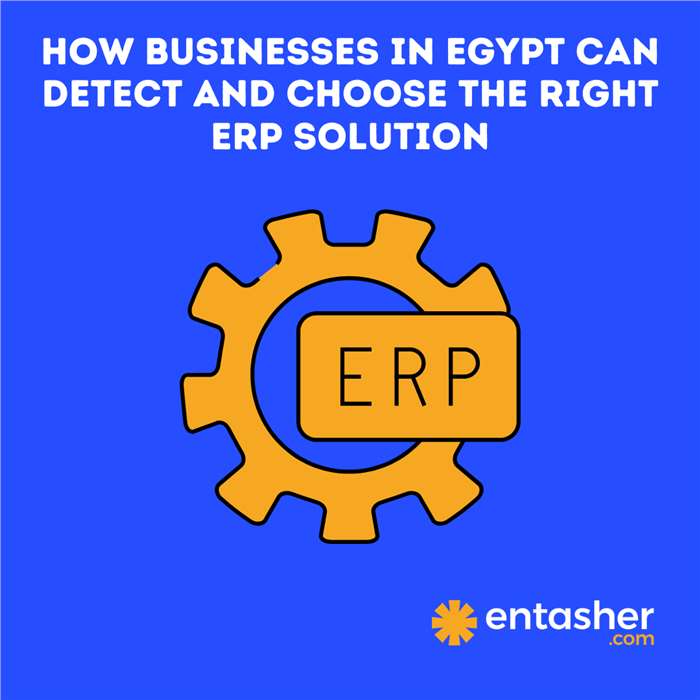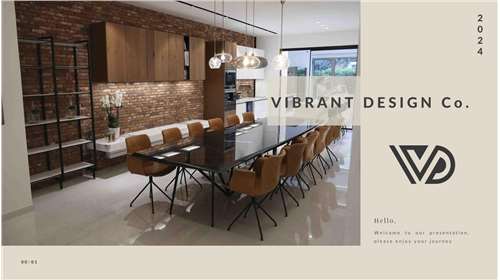
How Businesses in Egypt Can Detect and Choose the Right ERP Solution (2025 Guide) ✽

With the fast-changing business environment these days, ERP systems are presently the cornerstone of organizations looking to streamline processes, enhance productivity, and fuel expansion. For Egyptian enterprises, getting the right ERP system is a break-or-make decision that will significantly impact efficiency, scalability, and competitiveness. With so many ERP solutions out there, however, how do Egyptian businesses know which best-of-breed solution best meets their needs? This article provides the most significant steps and criteria for selection to allow Egyptian companies to make an informed decision.
Why ERP Systems Matter for Businesses in Egypt?
Egypt’s economy is rapidly evolving, with sectors like manufacturing, retail, logistics, and services experiencing significant growth. As businesses expand, the need for integrated systems to manage finances, inventory, supply chains, human resources, and customer relationships becomes paramount. An ERP system provides a unified platform to automate processes, improve data accuracy, and enable real-time decision-making.
However, not all ERP systems are created equal. The right solution for a small manufacturing firm in Alexandria may not suit a large retail chain in Cairo. Therefore, understanding your business needs and evaluating ERP options based on specific criteria is essential.
Steps to Detect and Choose the Right ERP Solution
1. Assess Your Business Needs
Before diving into ERP selection, businesses must conduct a thorough needs assessment. This involves:
- Identifying pain points in current processes (e.g., inefficiencies, data silos, or lack of reporting capabilities).
- Defining short-term and long-term business goals.
- Involving key stakeholders from different departments (finance, operations, IT, etc.) to gather input on required features.
For example, a logistics company in Egypt may prioritize inventory management and route optimization, while a service-based business may focus on project management and customer relationship management (CRM).
2. Determine Your Budget
ERP implementation can be a significant investment. Businesses in Egypt must consider:
- Upfront costs (software licensing, hardware, and implementation).
- Ongoing costs (maintenance, upgrades, and training).
- Hidden costs (customization, integration, and downtime during implementation).
It’s crucial to choose a solution that offers the best value for money without compromising on essential features.
3. Evaluate ERP Deployment Options
ERP systems typically come in three deployment models:
- On-Premise: Installed locally on your company’s servers. Ideal for businesses with strict data security requirements.
- Cloud-Based: Hosted on the vendor’s servers and accessed via the internet. Offers scalability and lower upfront costs.
- Hybrid: A combination of on-premise and cloud solutions.
For Egyptian businesses, cloud-based ERP systems are gaining popularity due to their affordability, scalability, and ease of access, especially for companies with multiple branches or remote teams.
4. Research ERP Vendors and Solutions
Egypt’s market offers a mix of global and local ERP vendors. Some popular options include:
- Global Vendors: SAP, Oracle, Microsoft Dynamics, and Odoo.
- Regional and Local Vendors: Solutions tailored to the Middle East and North Africa (MENA) region, such as Odoo, Zoho ERP, and local providers
When researching vendors, consider their experience in your industry, customer reviews, and post-implementation support.
5. Check for Localization and Compliance
Egypt has unique regulatory requirements, such as tax laws (e.g., VAT) and financial reporting standards. Ensure the ERP solution supports:
- Arabic language interface.
- Compliance with Egyptian tax and accounting regulations.
- Local currency and banking integrations.
6. Prioritize Scalability and Flexibility
As your business grows, your ERP system should be able to scale with you. Look for solutions that:
- Support additional users, modules, and functionalities.
- Can adapt to changing business processes.
- Offer integration with third-party tools (e.g., e-commerce platforms, payment gateways).
7. Test the ERP System
Before making a final decision, request a demo or trial version of the ERP system. This allows you to:
- Evaluate the user interface and ease of use.
- Test key features and workflows.
- Identify any potential issues or gaps.
8. Consider Vendor Support and Training
Implementation is just the beginning. Choose a vendor that offers:
- Comprehensive training for your team.
- Reliable customer support (preferably with local presence in Egypt).
- Regular updates and maintenance.
Key Selection Criteria for ERP Solutions
To simplify the decision-making process, here are the top criteria Egyptian businesses should consider when selecting an ERP system:
-
Industry-Specific Features: Does the solution cater to your industry’s unique requirements?
-
Ease of Use: Is the system intuitive and user-friendly?
-
Customization: Can the ERP be tailored to your business processes?
-
Integration Capabilities: Does it integrate with your existing software and tools?
-
Data Security: Does the vendor offer robust security measures to protect sensitive data?
-
Vendor Reputation: What is the vendor’s track record in Egypt and the MENA region?
-
Total Cost of Ownership (TCO): Does the solution fit within your budget, including long-term costs?
-
Mobile Accessibility: Does the ERP offer mobile access for on-the-go management?
-
Reporting and Analytics: Does it provide real-time insights and customizable reports?
-
Local Support: Does the vendor have a local presence for timely support and maintenance
RFQ


To choose the best ERP solution, assess your business needs, set a budget, evaluate deployment options (cloud, on-premise, or hybrid), and prioritize features like localization, scalability, and industry-specific functionality. Testing the system through demos and consulting with stakeholders can also help you make an informed decision.
An ERP (Enterprise Resource Planning) system is a software platform that integrates core business processes such as finance, inventory, HR, and supply chain management into a single system. Businesses in Egypt need ERP solutions to streamline operations, improve efficiency, ensure compliance with local regulations, and support growth in a competitive market.
Key features include Arabic language support, compliance with Egyptian tax and accounting regulations, scalability, integration capabilities, robust reporting and analytics, mobile accessibility, and strong data security measures. Industry-specific functionality is also crucial for tailored solutions